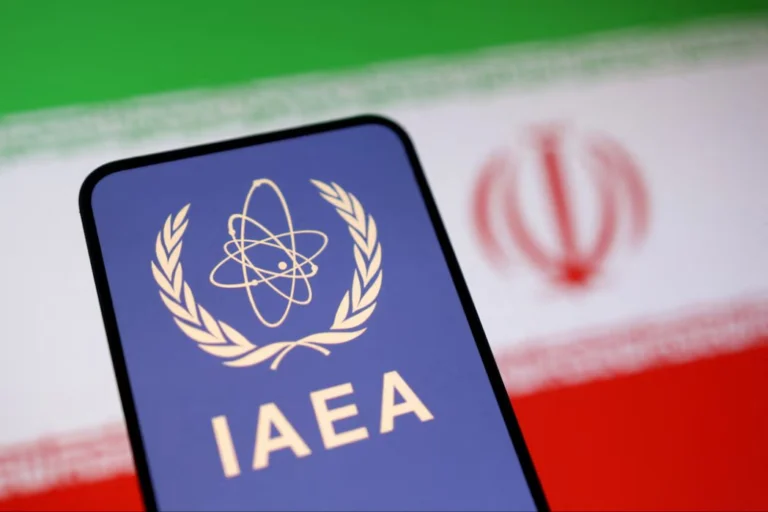UN Nuclear Agency Will Visit Iran Tomorrow

August 10, 2025 Hour: 8:11 pm
A deputy director of the International Atomic Energy Agency (IAEA) will visit Iran tomorrow to hold talks with the authorities of the Persian country, but will not visit atomic facilities on Iranian soil.
RELATED:
Iranian President Signs Law Suspending Cooperation with IAEA
Iranian Foreign Minister Abbas Araqchi announced the visit of senior IAEA officials to “establish a framework for cooperation,” reported the Mehr news agency.
The head of Iranian diplomacy stated that the visit of a deputy director from the UN nuclear agency does not mean that cooperation with the organization is being resumed, and clarified that he will not go to any facilities in the Persian country.
Iran halted cooperation with the IAEA following the war with Israel and Israeli and U.S. attacks on its nuclear installations, a measure approved by the Iranian Parliament and signed by Iran’s president, Masud Pezeshkian.
After the legislation was enacted, IAEA inspectors left the Persian country.
At the same time, nuclear negotiations between the United States and Iran remain stalled, although Iran has held meetings with the United Kingdom, France, and Germany—a dialogue Tehran has described as “complex.”
Iran maintains that its nuclear program is peaceful and compliant with the Non-Proliferation Treaty (NPT). Nevertheless, Iranian officials have expressed concerns over politically motivated actions by certain IAEA Board members, which they claim undermine trust and cooperation.
Deputy Foreign Minister for Legal and International Affairs Kazem Gharibabadi publicly warned against politicized measures within the Board of Governors and reiterated Iran’s commitment to its safeguards obligations under the NPT.
While the nuclear negotiations between the United States and Iran remain stalled, Iran has continued dialogues with European countries including the United Kingdom, France, and Germany, though Tehran describes these discussions as complex. The geopolitical atmosphere remains tense, particularly after recent Israeli and American attacks on Iranian nuclear sites, which Tehran strongly condemns as acts of aggression.
Iran’s official stance stresses that any progress towards nuclear cooperation must respect its sovereignty and be free from external political pressures.
The upcoming talks aim to clarify and potentially rebuild a working relationship with the IAEA within the parameters set by Iran’s legislative framework and its national security concerns. This cautious approach highlights Tehran’s insistence on sovereign decision-making regarding nuclear oversight and its rejection of what it sees as biased or punitive international actions.
Source: EFE






